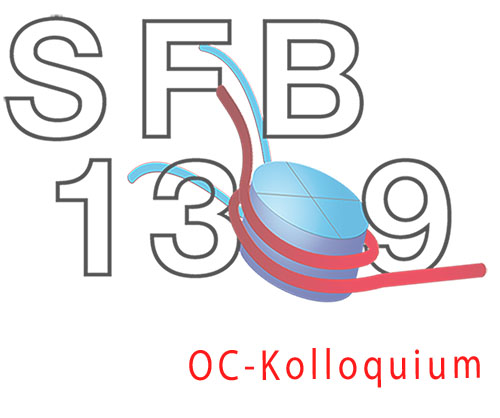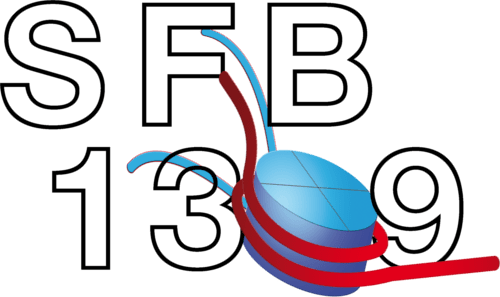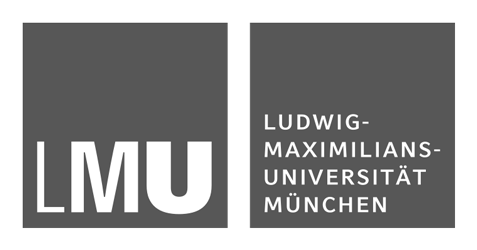SFB1309 - Organisch-Chemischen Kolloquium, Prof. Stephen Mojzsis, University of Colorado, Boulder, USA
2019-07-15 11:15
SFB1309 - OC Kolloquium with Prof. Stephen Mojzsis, University of Colorado, Boulder, USA Guests are very welcome! The meeting will take place on July 15, 11:15 a.m.
Speaker: Prof. Stephen Mojzsis
University of Colorado, Boulder, USA
Title: “Availability and transformation of bio-essential elements on the Hadean Earth during late accretion”
The physical chemical steps leading to life on Earth took place at a time when endogenous water/rock interactions were strongly influenced by exogenous inputs from impacts. There is no direct measure of the influx of extraterrestrial matter in the epoch of late accretion from approximately 4.45-3.80 Ga. However, it is within this time that life likely emerged, and some specific constraints on the thermodynamic regimes that modulated its emergence can now be made. Geochemical evidence shows the presence of a hydrosphere and evolved crust before about 4.38 Ga on Earth, and ca. 4.47 Ga on Mars. Hence, the necessary prerequisites for life: (i) liquid water, (ii) energy resources, (iii) organic building blocks, and (iv) adequate time for the abiotic chemistry to reach the biological singularity in a planetary milieu, existed a mere 100-150 Myr after the formation of the solar system. It makes sense that abundant extraterrestrial matter fed the planetary organic-chemical reactor that gave rise to life. Mass accumulated in the post-primary accretion timeframe subsequent to the Giant Impact (GI) event that formed the Moon at ca. 4.51 Ga in the postulated Late Veneer (LV) was about 3×1023 kg. Calculations suggest that the total mass of impactors to the Earth at the conclusion of the Hadean eon – benchmarked on the Moon with the formation of Orientale basin at ca. 3.80 Ga – was 2.0×1020 kg. This is about 1500× less than the calculated mass of the LV; both the GI and LV erased surface rocks with the formation of magma oceans. With bulk average sulfur, carbon and phosphorus contents of CM, CI and EH chondrites as a rough guide for a range of possible compositions of post-LV material delivered to Earth, we can compute ranges for exogenous sources conservatively lead to the accumulation of the bio-essential elements: S (5.4-11.2×1021g), C (7.8-69×1020g) and P (1.9-4.26×1020g). Taken at face value, the sources appear significant when compared to the cumulative mass delivered to the Moon, but the result for sulfur is still <<1% of the total S inventory for all sediments and seawater at Earth’s surface. Terrestrial sulfur sources that contributed to the origin of life were dominantly indigenous to Earth subsequent to primary accretion. The quantities of carbon and phosphorus, on the other hand, are very large. Cumulative yields for late accretion shown above are equivalent to thousands of times the current C and P inventories of the biosphere. If such late accretion events commonly occur in young solar systems, bio-essential element augmentation from late planetary migrations of giant planets that perturb asteroids and comets into crossing orbits may be a shared feature in the formation of worlds thermodynamically primed for biopoesis.
Department Chemie der LMU München
Butenandtstr. 5-13, Wieland-Hörsaal
81377 München








